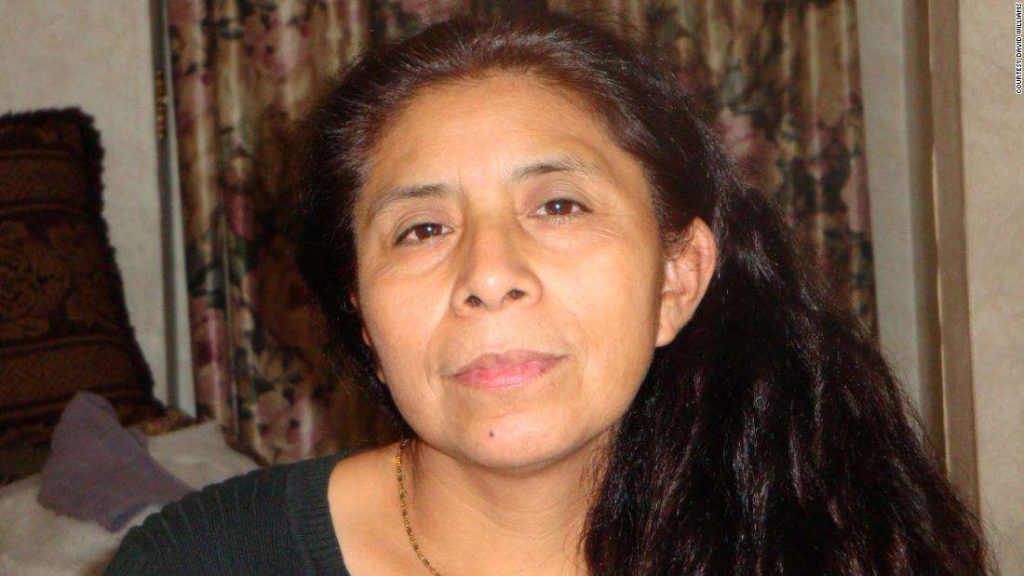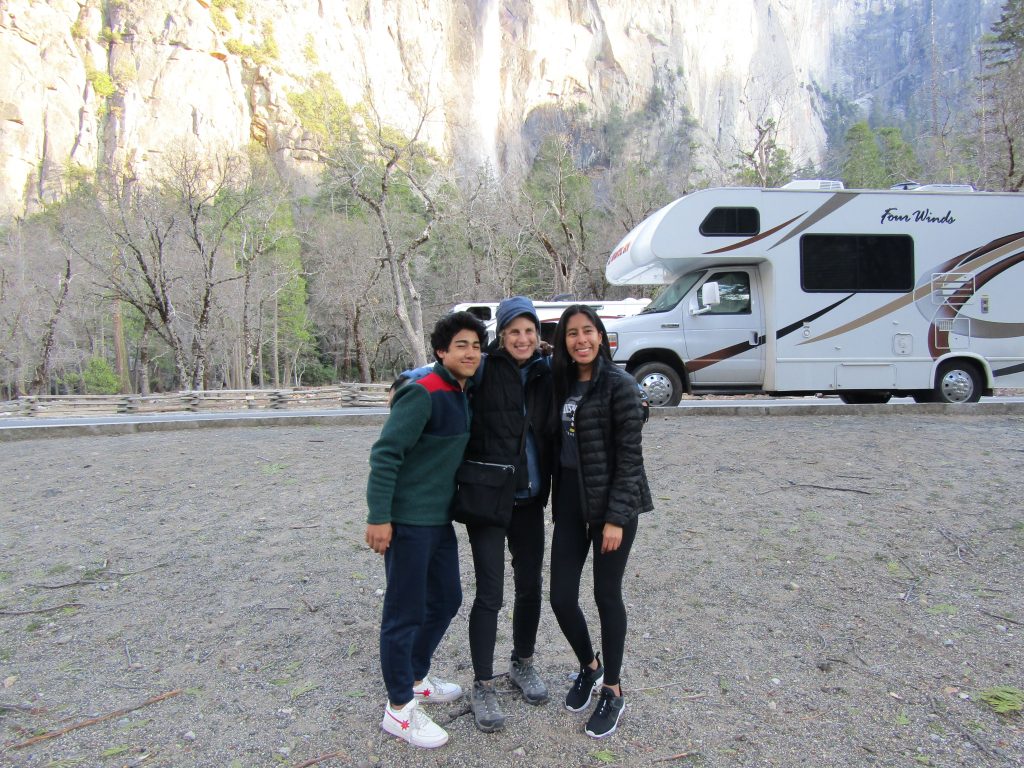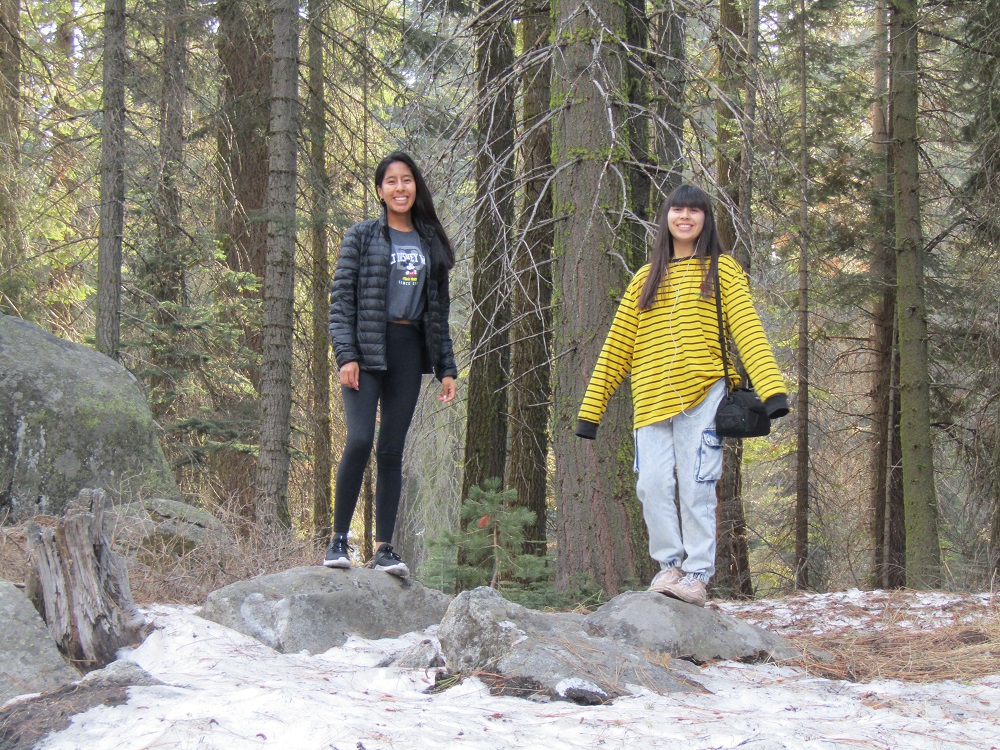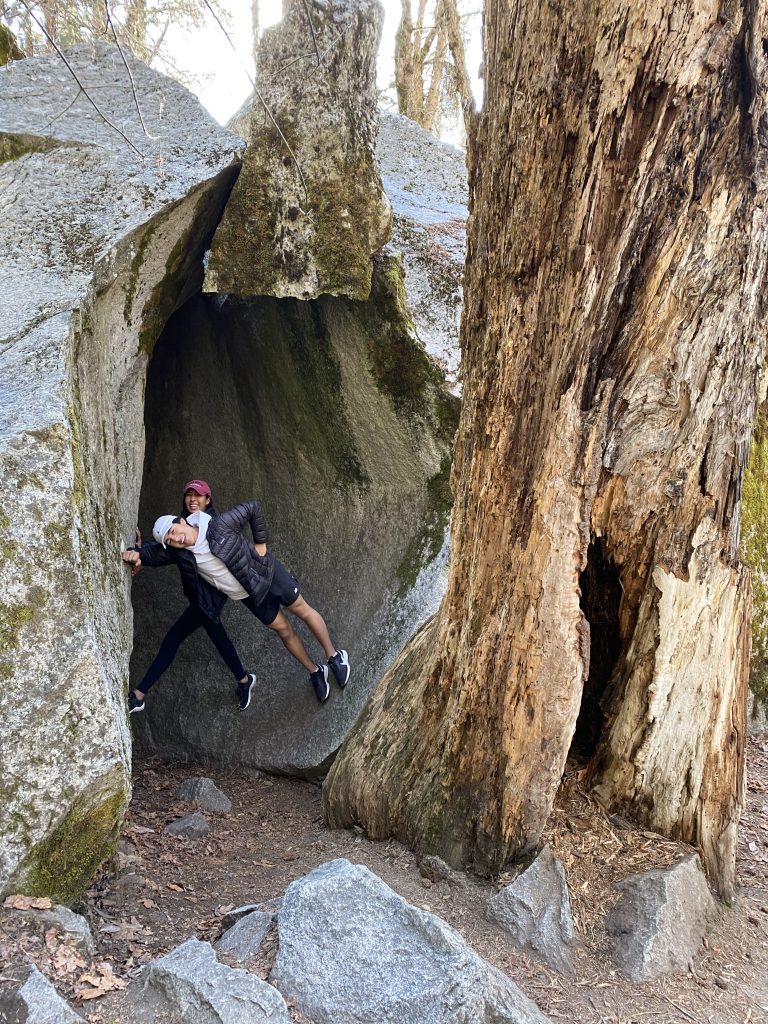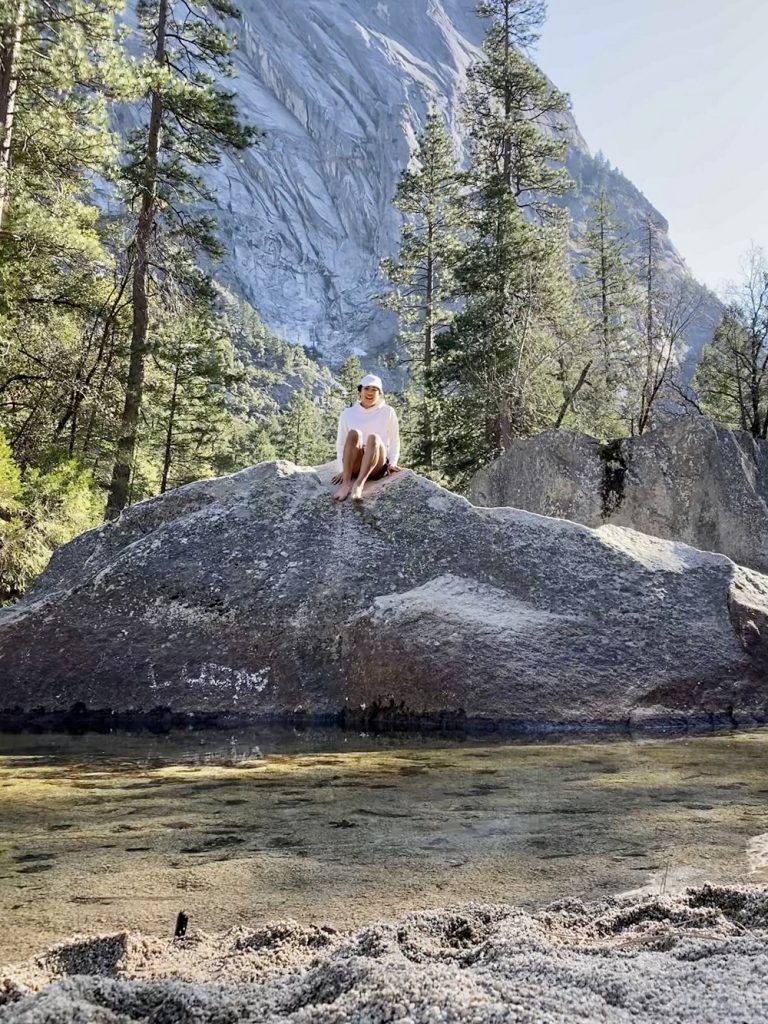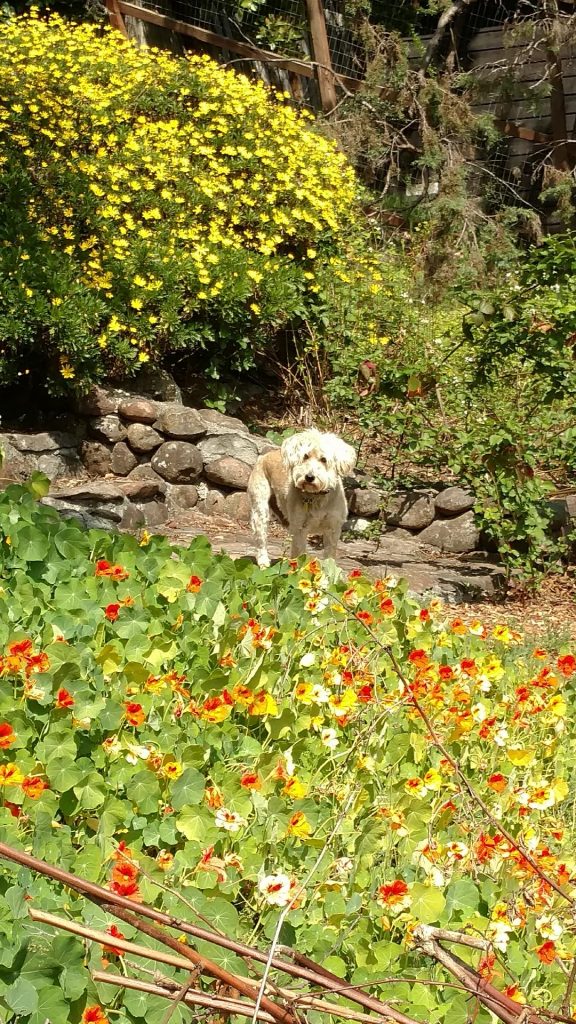I’m thrilled because my essay, On the Trip to Maine, is featured in the Winter issue of Adoption Constellation, the quarterly publication of Adoption Mosaic, an organization based in Portland, Oregon. The publication is not online, so I’ve posted it here:
On the Trip to Maine
Olivia, Mateo and I are on the last leg of our all-day cross-country journey to my nephew’s wedding, to be held in a tiny coastal village in central Maine. The airplane is small, so the kids sit together in seats 9A and B, while I sit across the aisle in 9C. Because we’re in the brief, blessed lull that often happens close to the end of a long trip when they’re too exhausted to fight with each other, my face is buried in the book I’ve been trying to read for weeks, hoping I can progress beyond Chapter Three, which may be why I don’t notice the flight attendant until she appears beside my elbow, leaning into my kids.
“How old are you two?” she asks without any preamble. Olivia looks up in the way she has when she wants to be sure she’s answering correctly. “Eleven and eight?” She says it like it’s a question.
The flight attendant gives a thumbs-up. Whatever test she’s administering, Olivia has passed. “Big kids,” the woman says. She pushes off and scurries up the aisle, her fingertips running along the overhead bins, slamming one shut as she passes. Turning sharply when she reaches the cockpit, she begins the safety demonstration, showing the belt low and tight across your lap, and the way you should affix the oxygen mask to yourself before assisting others.
A few seconds later, she’s back addressing Olivia. “Can you show me your nearest exit?”
Olivia points to the front door. “There?” Her voice sounds uncertain.
“Exactly,” the flight attendant says. “How about you, young man. Can you show me?”
Mateo’s face brightens. Happy to be noticed, he aims a finger forward. “There.”
The flight attendant smoothes her hair back behind her ears. “Excellent.”
Then it dawns on me: She thinks they’re flying unescorted. She must have spotted my two brown-skinned children, looked around and seen a plane full of white people, and assumed they were flying alone. Sure enough, in the next breath, she asks, “Are you traveling with an adult?”
“My mom,” Olivia says.
The attendant takes a quick scan of the surrounding faces, including mine, eye level with her elbow. “Where is she?” she asks.
“Right here.” I smile. “Beside you.”
“Oh.” The flight attendant’s eyes take in my pale skin, my blonde hair and blue eyes. “I’m so sorry. I didn’t realize…” Her voice trails off.
Reaching across the aisle, I squeeze Olivia’s hand and wink at Mateo. “How would you?” I say. “No worries.” The kids stay silent. They don’t smile. When we’re out in the world, people often mistake us for strangers to one another, instead of for who we are: mother and daughter and son. The mistake is not malicious. My kids are adopted from Guatemala. We look nothing alike.
And although I was warned, by our social worker and adoption agency, of what lay ahead, I have to confess: I wasn’t prepared. After spending the first four decades of my life blending in, how could I imagine what it would be like always to stand out? To be the family who forever must explain, in the airport security line, at the new dentist’s office, during the drop-off at the first day of school: Yes, I’m the mother. Yes, these are my kids. Yes, we’re related, although not by blood. Yes, they’re really brother and sister, although not biologically.
I signed up for transracial adoptive parenthood. I embrace my role as my children’s mother. But today, as I sat on an airplane inches away from my children and someone assumed they were alone, I wonder, as I have a thousand times, what does that feel like for my children? When confronted with the reminder that they’re adopted, do the questions threaten the bond they feel with me? Or do they make the bond stronger?
Over the years, I’ve heard every argument there is against transracial, transcultural adoption. People who know nothing about me or my relationship with each of my children’s birth mothers judge me, based on their own assumptions and beliefs. I’ve been called a privileged white American, an entitled imperialist, a baby snatcher. None of that bothers me. What bothers me is being faced with the fact that, because of our physical appearance, our family tie is undermined. I know it’s a small thing, but just once it would be nice if a stranger saw my kids and me, and knew that we belong together.
